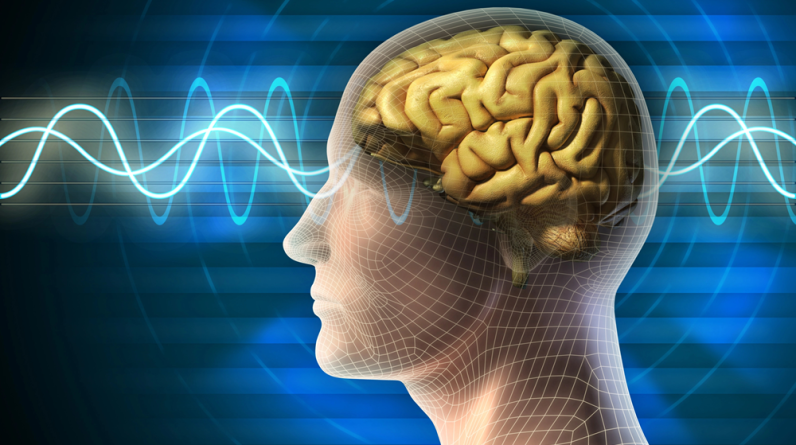
Nutrition provides the fundamental building blocks for brain structure and function, with specific nutrients and dietary patterns showing remarkable effects on cognitive performance and long term brain health.
The brain’s high metabolic demands and complex biochemical processes require a steady supply of specific nutrients to maintain optimal function. Understanding the relationship between nutrition and cognitive health is important for anyone seeking to preserve mental acuity and protect against age related cognitive decline.
Research demonstrates that dietary choices can significantly influence brain structure, neurotransmitter production, and the risk of cognitive impairment, making nutrition a powerful tool for brain preservation.
In what follows, we’ll cover the nutritional foundations of brain health, examine dietary patterns that support cognitive function, and provide practical approaches for implementing brain healthy nutrition methods.
Important Nutrients for Brain Function
Omega 3 Fatty Acids
Omega 3 fatty acids, particularly DHA (docosahexaenoic acid), represent fundamental components of brain cell membranes and are important for maintaining neural structure and function.
These fats support synaptic plasticity, reduce inflammation, and promote the production of brain derived neurotrophic factor.
Cold water fish, walnuts, and flaxseeds provide excellent sources of omega 3 fatty acids.
Antioxidants
Antioxidants protect brain cells from oxidative stress and inflammation, which can damage neural tissue over time.
Flavonoids found in berries, dark chocolate, and colorful vegetables cross the blood brain barrier and accumulate in brain regions important for learning and memory.
These compounds enhance cognitive function while providing neuroprotective effects.
B Vitamins
B vitamins, particularly B6, B12, and folate, support neurotransmitter synthesis and help maintain healthy homocysteine levels.
Elevated homocysteine is associated with increased risk of cognitive decline and brain atrophy.
Leafy greens, legumes, and lean proteins provide important B vitamin sources.
Dietary Patterns and Cognitive Health
The Mediterranean Diet
The Mediterranean diet has received extensive research attention for its cognitive benefits. This eating pattern emphasizes whole foods, healthy fats, and plant based nutrients while limiting processed foods and refined sugars.
Studies consistently show that adherence to Mediterranean dietary patterns is associated with slower cognitive decline and reduced risk of dementia.
The MIND Diet
The MIND diet (Mediterranean DASH Intervention for Neurodegenerative Delay) specifically targets brain health by combining elements of the Mediterranean and DASH diets.
This approach emphasizes brain healthy foods like leafy greens, berries, nuts, and fish while limiting foods that may harm cognitive function.
Intermittent Fasting and Caloric Restriction
Intermittent fasting and caloric restriction show promising effects on brain health through mechanisms including enhanced autophagy, improved insulin sensitivity, and increased production of neuroprotective factors.
These approaches may help maintain cognitive function and protect against age related brain changes.
Practical Nutrition Approaches
Implementing brain healthy nutrition requires focus on whole, minimally processed foods that provide important nutrients without excess calories or harmful additives.
Emphasizing colorful fruits and vegetables ensures adequate antioxidant intake, while including fatty fish twice weekly provides optimal omega 3 fatty acid consumption.
Meal timing and composition can influence cognitive performance throughout the day.
Balanced meals that combine complex carbohydrates, healthy proteins, and beneficial fats provide steady energy for brain function while avoiding blood sugar spikes that can impair cognitive performance.
Hydration affects cognitive function, with even mild dehydration leading to decreased attention and memory performance.
Maintaining adequate fluid intake throughout the day supports optimal brain function and helps facilitate the transport of nutrients to neural tissues.
Final Thoughts
Nutrition represents a powerful tool for supporting cognitive longevity and brain health throughout life.
From understanding the specific nutrients that fuel brain function to implementing dietary patterns that protect against cognitive decline, this knowledge allows individuals to use food as medicine for the brain.
By embracing nutrient dense, whole food approaches and maintaining consistent healthy eating patterns, we can provide our brains with the nutritional foundation needed for optimal cognitive performance and long term neural health.








